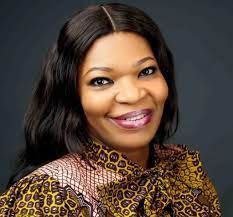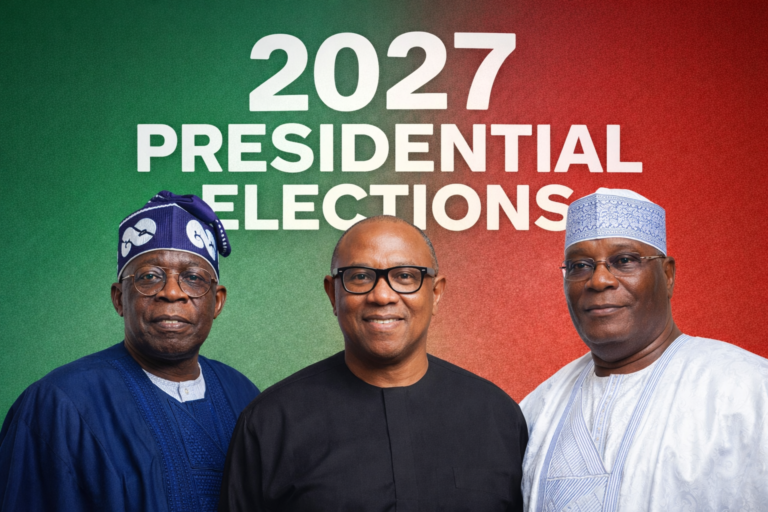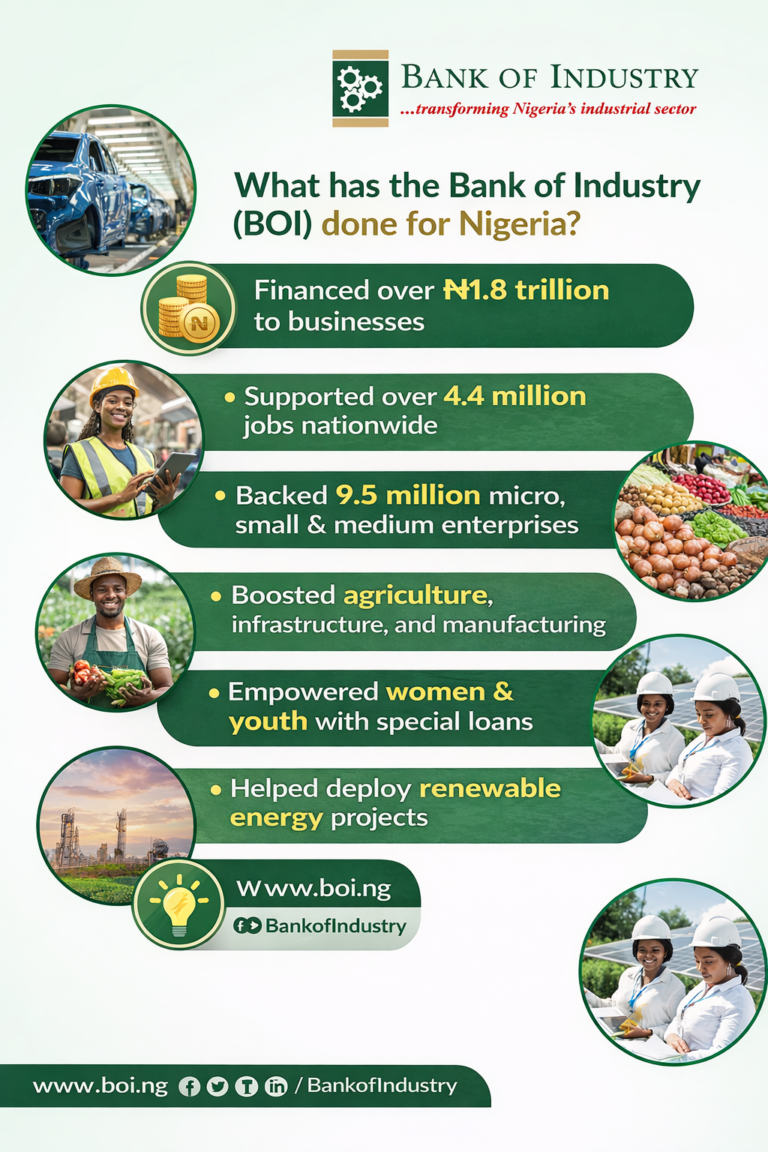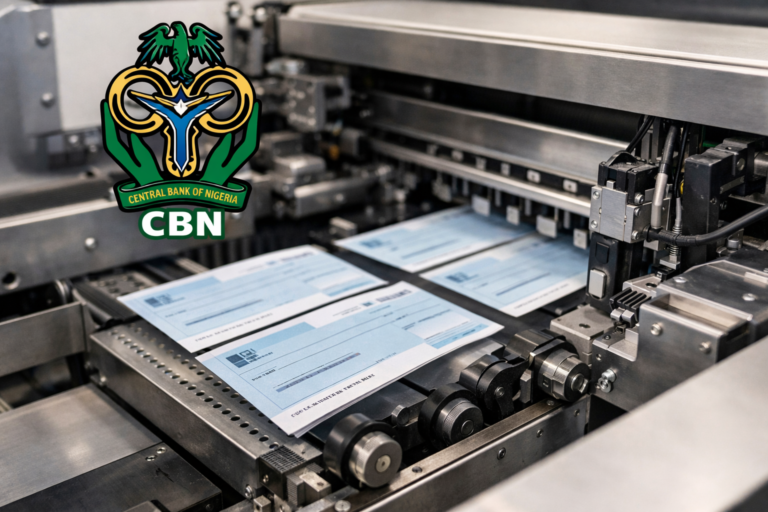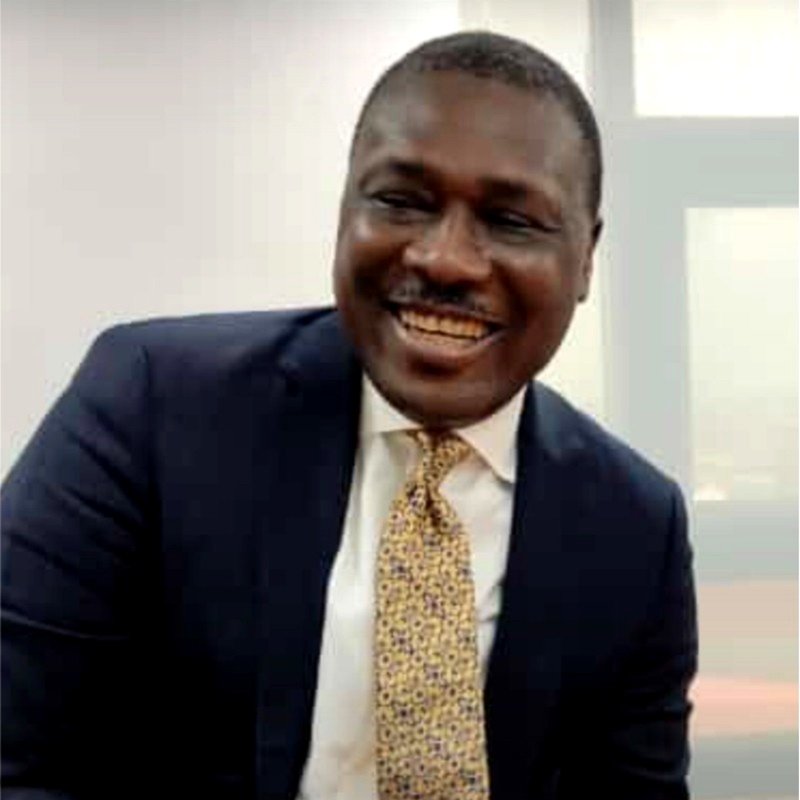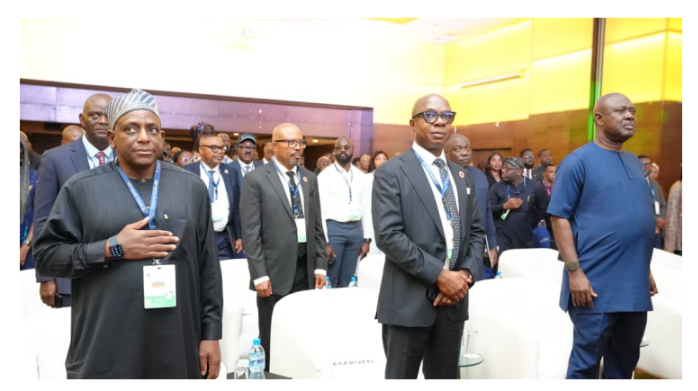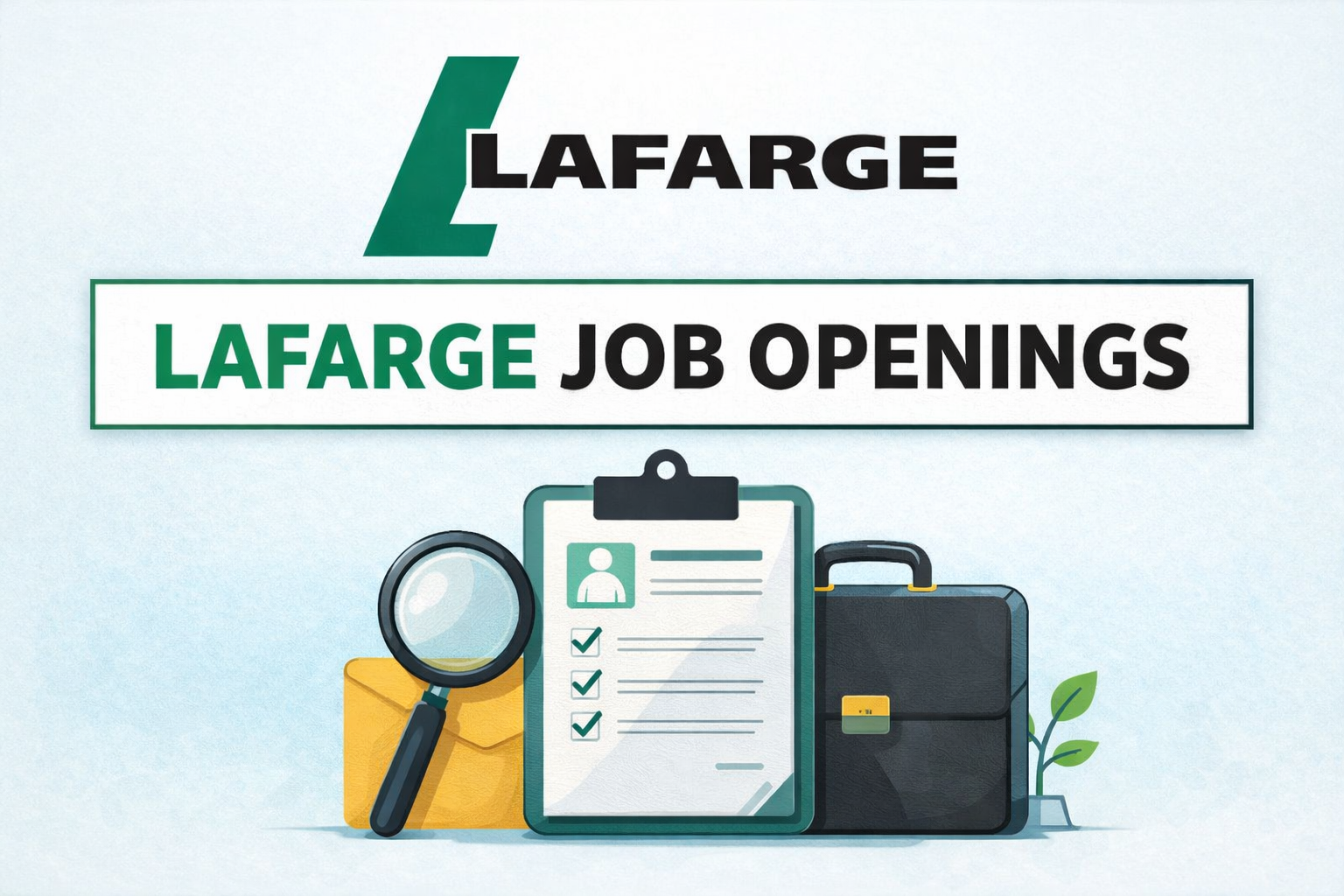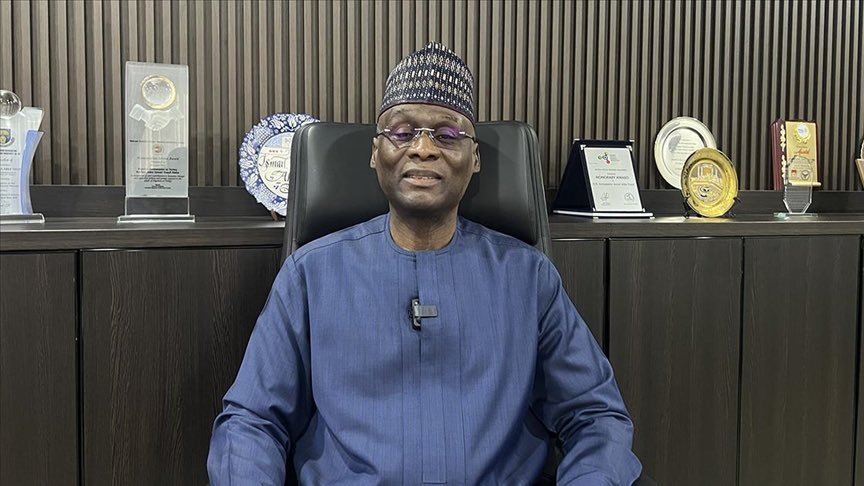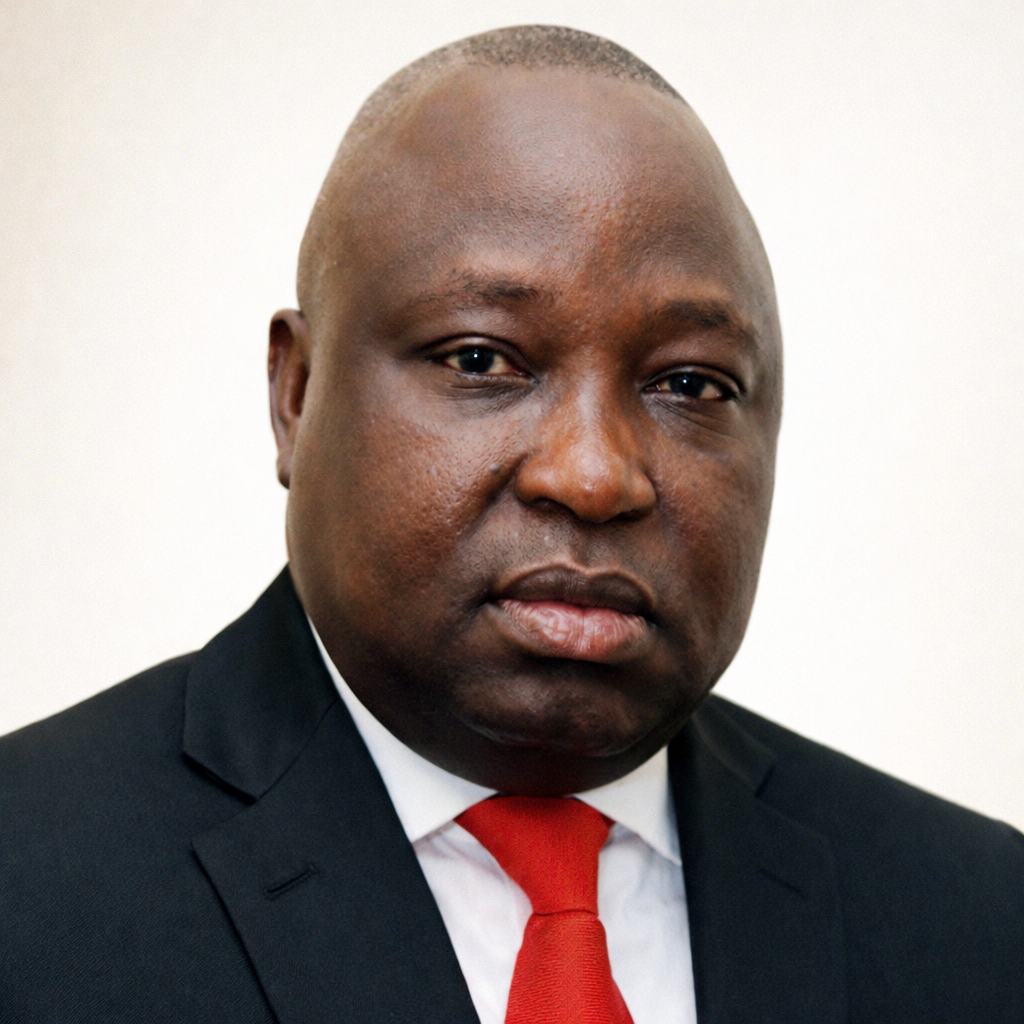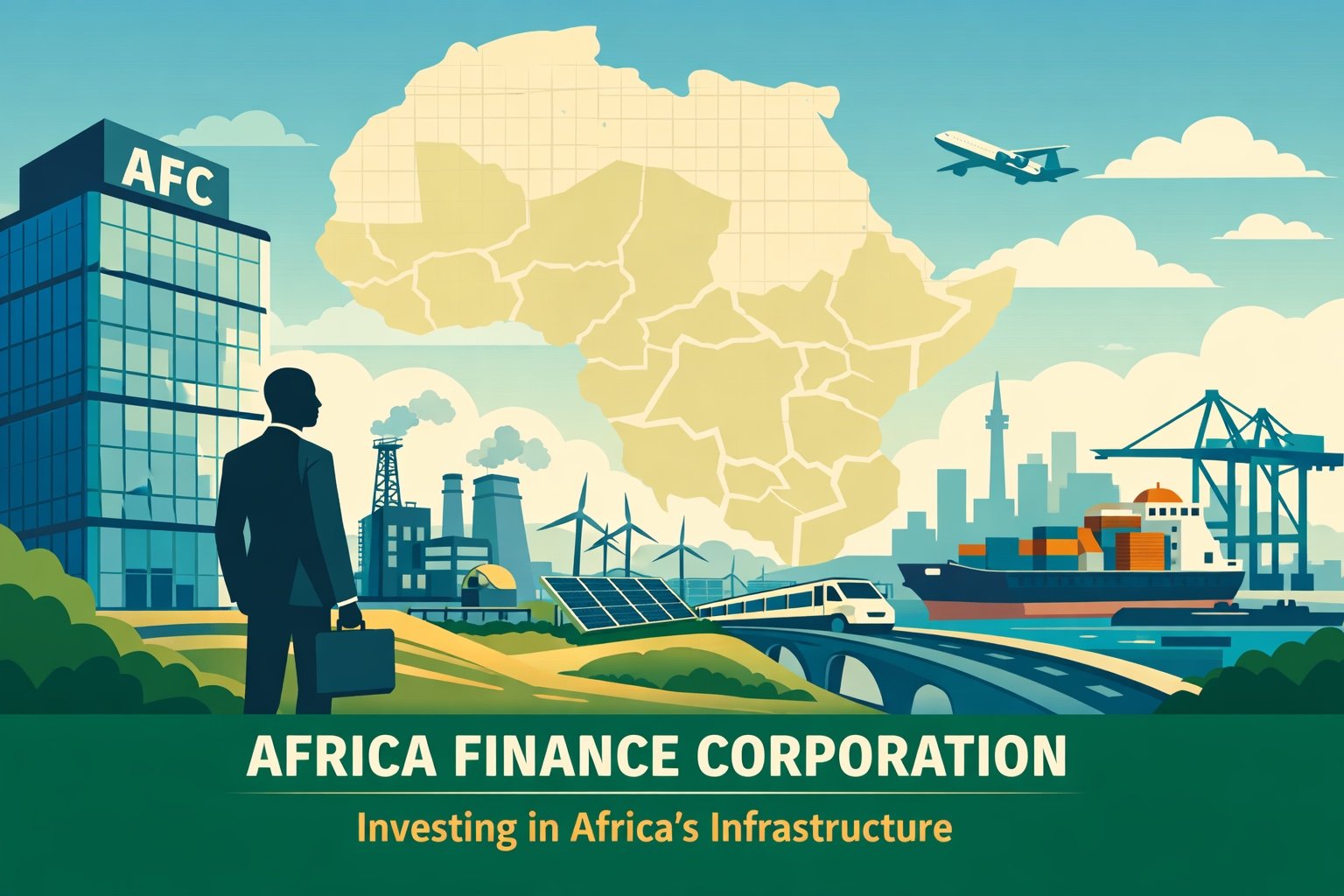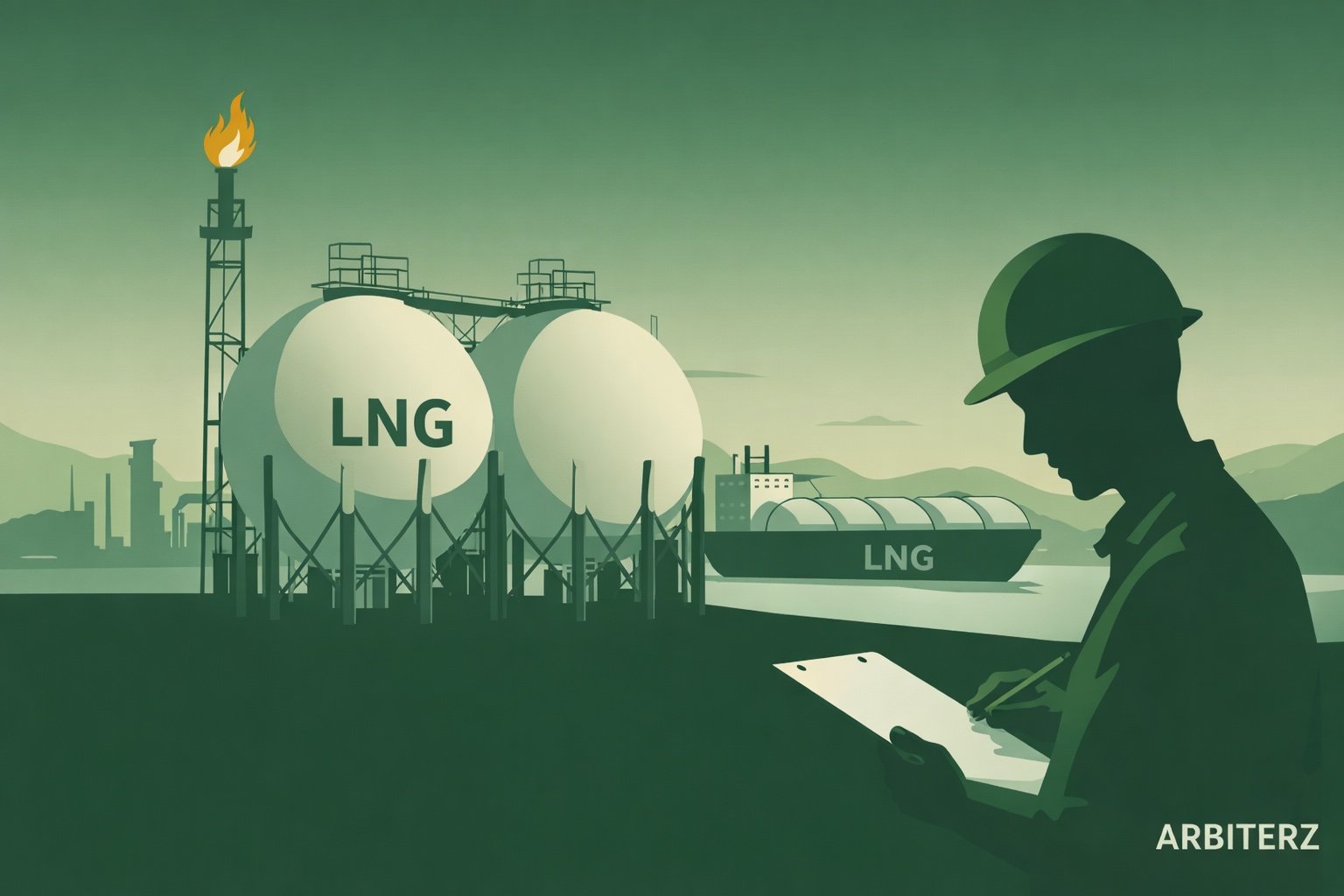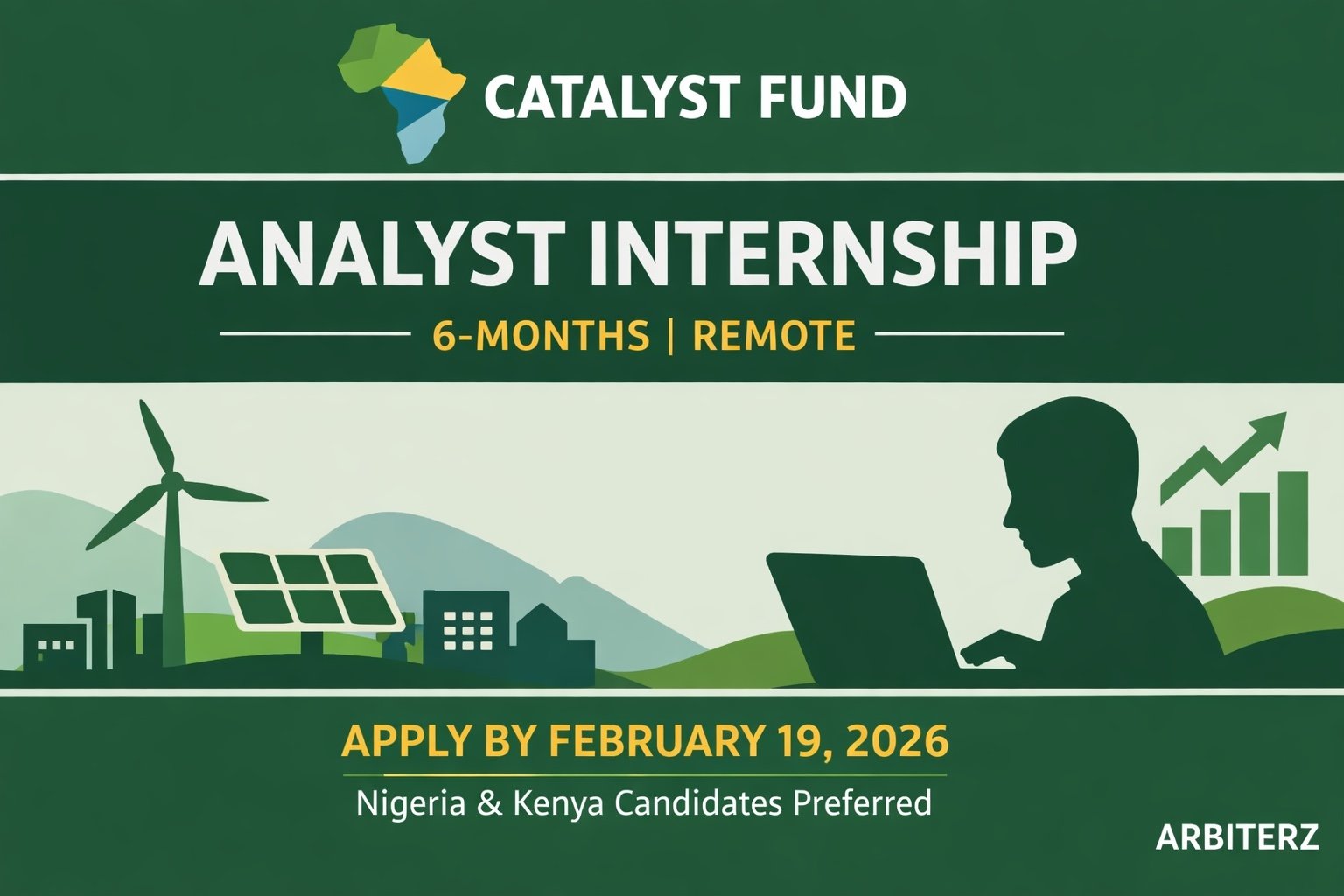Introduction
Lande Abudu has taken an unconventional route to becoming one of Nigeria’s most recognisable voices in renewable energy. She began her professional life with a BSc in Chemistry, followed by seven years in banking, a career she describes as a poor fit. But her true path emerged when she moved into NGOs and social enterprise.
Over the past two decades, Abudu has combined a passion for mission-driven work with a practical focus on projects that transform lives and communities.
Her first big break in the development world came at FATE Foundation, where she immersed herself in entrepreneurship support. WISCAR, focused on mentoring and capacity building support for mid-career women, came next.
That led to a surprising pivot into renewable energy through Azuri Technologies, a Cambridge-based social enterprise.
She spearheaded Azuri’s entry into Nigeria under the “Beyond the Grid” initiative, which deployed 20,000 solar home systems across Northern Nigeria. It was the start of a journey she jokingly calls being an “accidental renewable energy specialist.”
From there, Abudu rose to become CEO of the Renewable Energy Association of Nigeria (REAN), Africa’s foremost network of clean energy professionals and developers.
Later, she became Component Lead for Standalone Solar Home Systems on the $550 million Nigeria Electrification Project, funded by the World Bank and African Development Bank, which deployed more than one million solar home systems nationwide and nearly 200 mini-grids.
Along the way, she pushed for legislation, introduced renewable energy developers’ acceptance of battery recycling standards, and worked across the renewable value chain – from advocacy to financing, policy, and capacity building.
Her influence extends beyond Nigeria. She has served on EU-funded technical working groups, the USAID Powering Jobs initiative, and the World Economic Forum’s task force on mobilising clean energy investment.
She is a European Energy Centre-accredited Renewable Energy Expert and has mentored younger professionals through the Global Women’s Network for the Energy Transition.
Today, as Senior Energy Specialist, Sub-Saharan Africa at GSMA, Abudu operates at the intersection of clean energy, technology, and digital innovation.
In this candid conversation with Arbiterz, she reflects on her winding career, the lessons from banking and NGOs, the challenges of scaling renewable energy in Nigeria, and why she continues to prioritise mission-driven work above all else.
Q: You studied Chemistry at university. How did that decision come about?
A: Honestly, it wasn’t a carefully planned choice. I had no real interest in Medicine, which was what I was being encouraged towards, but because I had an A in Chemistry, someone suggested I try Pharmacy.
I applied through JAMB, but that year everything was cancelled and we only sat for three subjects. I didn’t get in for Pharmacy, and in hindsight, I’m grateful.
So I was advised to try chemistry and look to change after 100 level, “Why not Chemistry?” That’s how I ended up doing a degree in Chemistry. It wasn’t a childhood dream or a burning ambition; it was more a matter of circumstance. But I graduated with my BSc, and that was the foundation of my career.
At that time, the financial sector was booming. IBB had liberalised financial services, licenses were being handed out everywhere, and finance houses were springing up.
I had always vowed never to work in a bank, but those were the institutions recruiting aggressively. So despite my reluctance, I joined. I served with AIB/BCCI, then moved on to National Bank.
Banking wasn’t a natural fit. I didn’t enjoy it; I simply “bedded in” because that was where the jobs were. After a few years, as I started having children, the hours became unmanageable.
That’s when I decided it was time to leave banking and pursue something closer to my passions. That was when my journey truly began, with FATE Foundation.
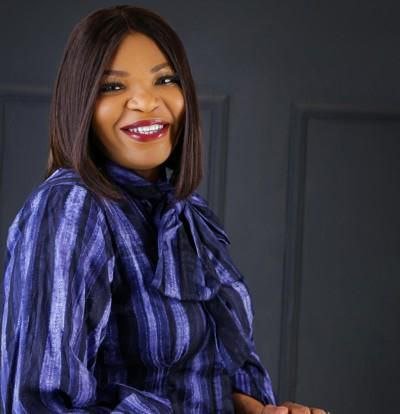
Q: How long did you stay in banking?
A: Seven years in total. I always say I was in banking for “half a second.” It wasn’t long, but it gave me discipline and an understanding of corporate structures. Still, I knew it wasn’t where I belonged.
Q: What was it about NGOs that drew you in?
A: I’ve always loved mission-driven organisations. That sense of purpose — working towards developmental goals — is what drives me. Even though NGOs don’t always offer the best financial rewards, I felt at home. It’s where I’ve spent the last 20 years post-banking.
I thrive in environments where the focus is on impact rather than short-term profit. That’s what I discovered when I joined FATE Foundation. And it’s what eventually took me into renewable energy.
Q: How did you enter the renewable energy space?
A: By accident, really. I joined Azuri Technologies, a social enterprise based in Cambridge but active across 12 African countries. They provide solar home systems for off-grid communities.
I led the “Beyond the Grid” initiative in Nigeria, which brought Azuri here. Under that programme, we deployed 20,000 solar home systems in Northern Nigeria.
That was my first real taste of renewable energy. I didn’t set out to become a specialist, but through that project I found myself deeply involved. That’s why I call myself an “accidental renewable energy specialist.”
Q: What are the biggest challenges with scaling renewable energy in Nigeria?
A: For a long time, it was convenience. Generators are incredibly convenient. People are used to them — you buy fuel, press a button, and you have power. By comparison, solar requires an upfront investment, which people find daunting.
I try not to use the word “expensive,” because it’s relative. Yes, the capital outlay is higher, but the long-term savings are significant. Still, when petrol and diesel were cheap, it was hard to convince Nigerians to switch.
But things are changing. We’ve had the removal of petrol subsidies, higher foreign exchange rates, and increases in electricity tariffs — a “triple whammy.” Suddenly, solar doesn’t look so costly anymore. We’re getting more inquiries about installations than ever before. I’d say we’ve hit a sweet spot where adoption is finally becoming realistic.
Of course, the challenges differ between urban and rural areas. In urban centres, people juggle between utility supply and generators. In rural areas, it’s about energy access itself.
Q: So cheap petrol and diesel used to be a major disincentive?
A: Absolutely. As long as fuel was cheap, people stuck with what they knew.
Q: Is renewable energy viable in rural communities without subsidies?
A: In the beginning, subsidies are necessary — both supply-side and demand-side. They help companies enter those markets in the first place.
Affordability is a challenge because incomes in rural areas are seasonal. Farmers might have money during harvest but very little at other times. PayGo models — instalment payments over time — have been a real innovation here. Globally, projects often start with subsidies to stimulate adoption, and then taper off once the market gains momentum.
Q: In rural areas, is it more about social benefits — lights at night — or economic uses?
A: It’s both.
At first, it’s about access itself. Over half of Nigerians lack electricity, and 70% of them live in rural areas. For many, life stops at dusk. Just having lights and phone charging changes everything.
But for long-term sustainability, it can’t stop there. You need “productive use of energy” — things like solar irrigation, agro-processing, or refrigeration. With solar irrigation, for instance, farmers can harvest year-round. That improves productivity and income. Post-harvest losses, sometimes up to 35% can be reduced by solar refrigeration or drying. So while access begins with lights, sustainability comes from embedding economic empowerment.
Q: Are these productive-use projects happening now?
A: Yes, they are. Under the Nigeria Electrification Project, mini-grids have been optimised for more than just households. They power greenhouses, schools, and health centres. During COVID-19, they powered isolation centres around the clock.
At my then organisation, we soft-launched a project in December focused on the productive use of energy. So it’s not theory – it’s already happening.
Q: Who implements these projects?
A: The Rural Electrification Agency (REA).
Q: How does uptake compare between urban, peri-urban, and rural areas?
A: Peri-urban areas often resemble rural ones. Think of the outskirts of Ogun State or Epe. People there want lights, phone charging, and a sense of security.
At Azuri, we had a small 10-watt system: four LED bulbs, a radio, and a phone charger. Simple by urban standards, but for rural families, transformative. One bulb in the bedroom, one outside as a security light, one in the kitchen — suddenly, women felt safer cooking at night, children could study, and families stayed connected by charging phones.
That kind of modest system can be life-changing.
Q: What innovations have made the biggest difference?
A: Financing and technology.
Results-based financing has been a game-changer. Backed by $350 million, it supported the deployment of over one million solar systems and nearly 200 mini-grids. That scale wouldn’t have been possible with traditional debt financing.
Consumer financing has also been crucial. PayGo allows people to make small down payments and then pay over time until they own the system. That flexibility unlocked adoption.
On the tech side, batteries have improved, panels are cheaper, and IoT-enabled remote monitoring means you no longer need field agents in every village. That lowers costs and encourages companies to serve rural areas.
Q: For SMEs with ₦3–4 million, where are the opportunities?
A: Distribution is the most practical entry point. Many companies have products but need distributors nationwide. With ₦3–4 million, you can start as a distributor, build credibility, and then expand.
Supplying components like panels and batteries is another avenue. But I always caution: don’t rush in without understanding the sector. Educate yourself first.
Q: Who has driven the sector more — government or private players?
A: The private sector, supported heavily by international development agencies. They provided the early momentum. Organisations like GIZ and DFID funded the first mini-grids in Ogun State.
The government has now stepped up with enabling policies, but the push came from the private sector.
At the end of the day, this isn’t about debating climate change. Nigerians need electricity, and quickly. Renewable energy is scalable, deployable, and practical.
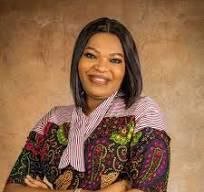
Q: Has the sector matured enough for companies to thrive without grants?
A: To a large extent, yes. Mini-grids can operate commercially, though break-even is usually six or seven years. Entrepreneurs can succeed, but they need patience and resilience.
Q: Do you see renewable energy firms listing on the Nigerian Stock Exchange?
A: Yes, within five years.
The REA is encouraging companies to register as Renewable Energy Service Companies (RESCOs), with a mandate to deliver utility-scale projects. That’s the level of scale required for stock market listings.
Q: Is the North more attractive because of the sunlight?
A: Yes — irradiation is about 30% higher there compared to Lagos. But the bigger factor is energy poverty. The North has deeper deficits. Combine that with high temperatures, and you get natural demand for cooling solutions. Even solar fans sell fast in such climates.
Q: Let’s return to your personal journey. You left FATE Foundation for Azuri. What came after?
A: After Azuri, I worked with WISCAR — Women in Successful Careers, founded by Amina Oyagbola. I launched their mentoring programme, which is still running today.
Later, I relocated to the UK while my children were in secondary school. When I returned to Nigeria, I rejoined Azuri as Head of Market Development for West Africa, overseeing entry into Nigeria and Ghana.
Q: And after Azuri?
A: I became CEO of the Renewable Energy Association of Nigeria (REAN). My role was to be a bridge between the private sector, government, and other stakeholders.
We focused on advocacy, quality assurance, and creating an enabling environment. We pushed for a Renewable Energy Bill, which later evolved into the Electricity Act. We also introduced Responsible Recycling Regulations for batteries. The goal was to build trust, protect the market from substandard products, and make Nigeria attractive for investment.
Q: Which government agencies were most responsive?
A: The REA was very forward-thinking. NESREA was also helpful, especially on battery accreditation.
The Ministry of Environment was mixed — sometimes slow, sometimes supportive. Eventually, they partnered with us to launch the recycling regulation. As always, much depends on leadership and donor alignment.
Q: And your current role?
A: Today, I’m a Senior Energy Specialist, Sub-Saharan Africa at GSMA. Before that, I was Component Lead for Solar Home Systems under the World Bank-funded Nigeria Electrification Project. That programme delivered more than one million solar systems and nearly 200 mini-grids across Nigeria.
The project has since been renewed as DARES – Distributed Access through Renewable Energy Scale-Up – with even larger funding.
Q: Looking back, how do you see your career?
A: I describe myself as an “accidental renewable energy specialist.” But really, it’s been a natural extension of my passion for mission-driven work. From FATE Foundation to WISCAR, and on to REAN, from Azuri to the World Bank project, I’ve stayed true to impact-driven goals.
Now, at GSMA, I continue to work at the intersection of energy, technology, and development, advocating for the scaling of clean energy for digital infrastructure across Sub-Saharan Africa.


